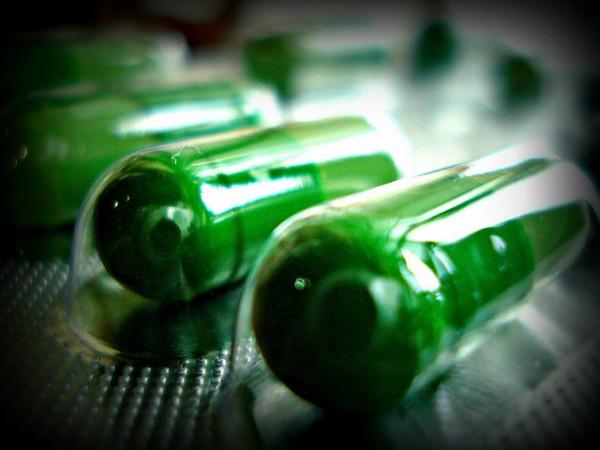
Pills made from human faeces can help fight certain deadly bacterial infections, claims a new study.
Researchers from Massachusetts General Hospital (MGH) in the US found that an oral version of the faecal microbial transplant (FMT) therapy was highly promising for patients affected with a recurrent Clostridium difficile infection.
C. Difficile is an infection contracted mainly through prolonged use of antibiotics or during a hospital stay. The main culprit, a bacterium called c. difficile, can cause diarrhoea and colitis (inflammation of colon) or can even claim lives, according to Medline Plus.
According to health experts, though most people possess the bacterium, it starts troubling only when the good bacteria in the gut gets killed by antibiotics.
Restoring the normal balance of good bacteria, using frozen faecal material from healthy donors is the best treatment available at present. However, many patients hesitate to undergo the microbial transplant (FMT) therapy, fearing the safety of the invasive methods involved in it.
However, now the groundbreaking invention is expected to help encourage more patients to undergo the treatment.
"Numerous reports have shown that FMT is effective in treating active C. difficile infection and preventing recurrences in patients whose infections failed to respond to standard treatments," Ilan Youngster, corresponding author of study, said in a news release.
"The procedures that have been used before - colonoscopies, nasogastric tubes, even enemas - all have potential risks and discomforts for patients. The use of capsules simplifies the procedure immensely, potentially making it accessible to a greater population."
The study looked at 20 patients with recurrent clostridium difficile infection. Stool samples collected from healthy donors went through a series of procedures including filtration, dilution and screening before they were being filled into capsules and frozen.
The treatment involved taking 15 capsules on two consecutive days. Of the total, 14 responded well to the treatment, while five needed a second course of the treatment. Interestingly, the whole procedure was found to be safe and was not associated with any serious side effects.
The study reported in JAMA supports another study released last year. Dr. Thomas Louie, professor of medicine at the University of Calgary in Alberta (Canada), reported that the so-called poop pill was more effective that antibiotics.

















